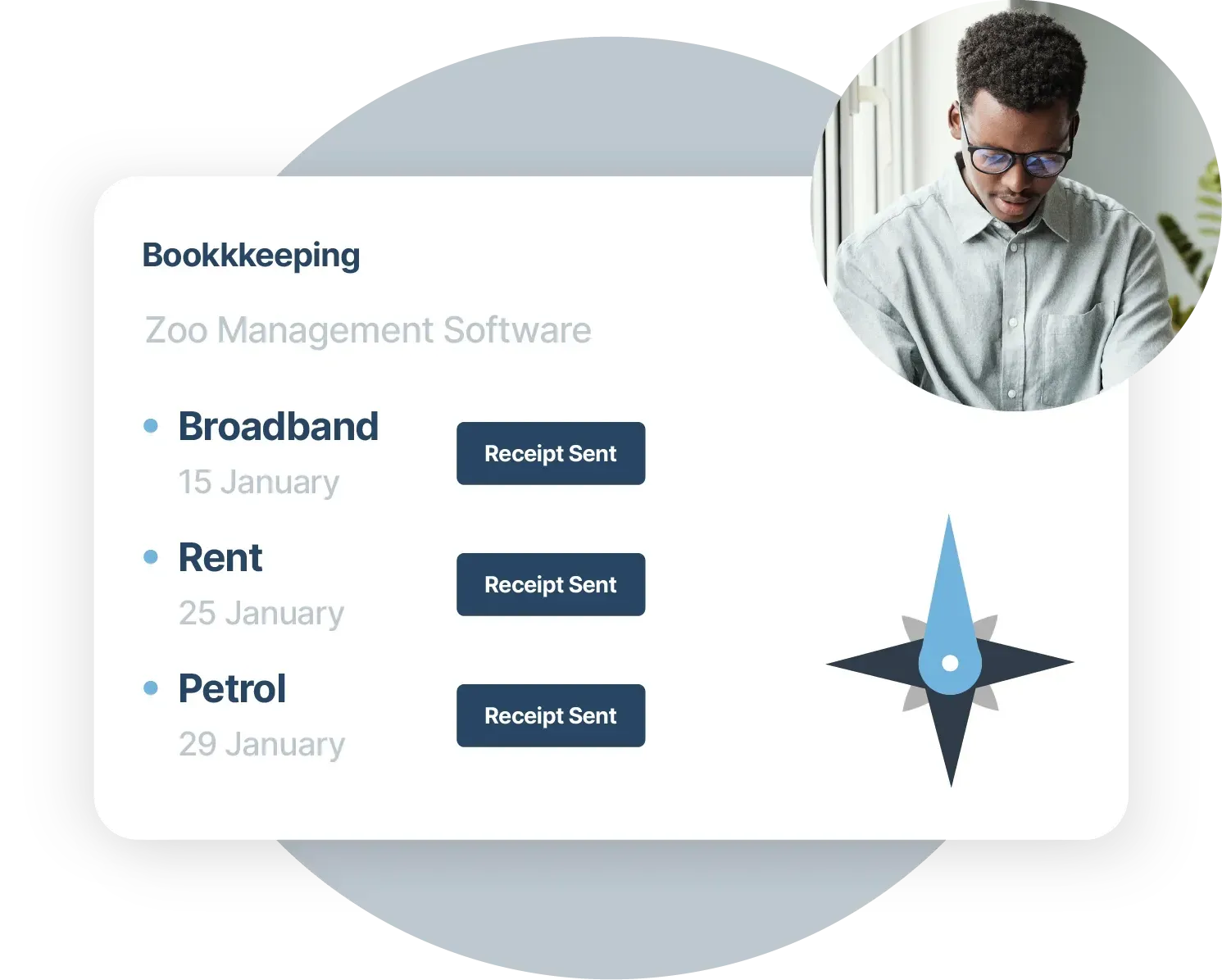Bookkeeping
Wouldn't it be great if you knew how much money you owed suppliers and how much money your customers owe you - at any point in time?
Just imagine leaving behind the sleepless nights, stressed out weekends and long evenings of worry that come from not having your book keeping up to date.
We provide bookkeeping services for small and medium sized businesses so they can begin to truly understand their numbers. They know at any point in time who they owe money to, who owes them money, and how much cash is available in the business. This will help owners make better decisions, grow faster and become more efficient.
You deserve the peace of mind knowing that your finances are in order. That way you can focus on what matters most you and running your business. Let us take care of all your sales invoices, purchase invoices, bank reconciliations, so that all you have to worry about is making great products or providing a brilliant service.
It’s time to stop stressing over numbers and start focusing on what really matters – you and your business.

Bookkeeping healthcheck
Let us review your book-keeping system to advise on…
The right bookkeeping system for your business
If the information being produced is accurate and reliable
How you can spend less time keeping your books
VAT errors – before the VAT-man finds them
Specific training needed for bookkeeping staff
How you could produce more relevant management information that is useful to manage your business
